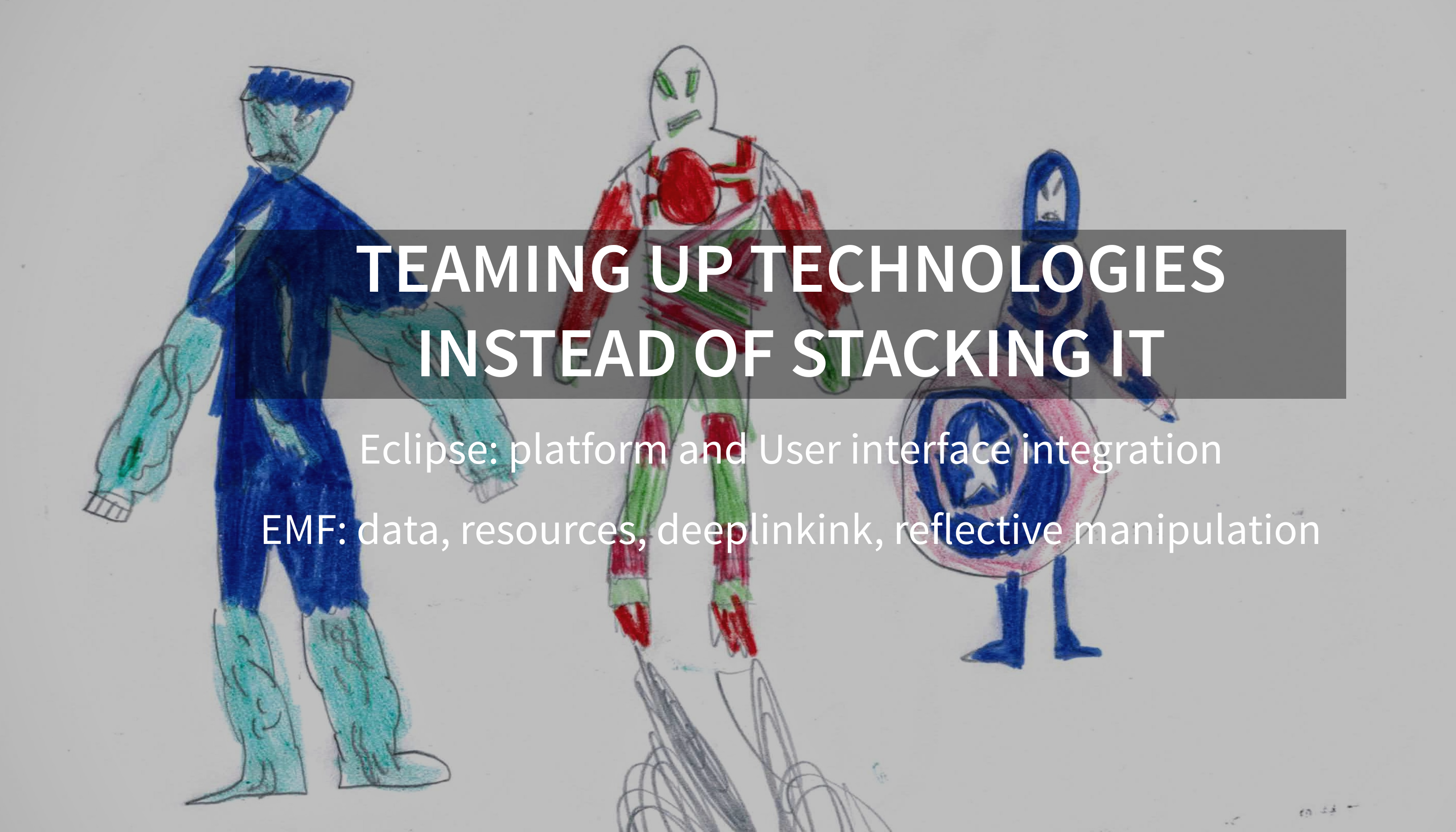As Obeo’s CTO, I had the opportunity to present at EclipseCon 2016 about our intriguing project with INRA, focusing on agricultural water resource management. This project explored how Eclipse modeling technologies like EMF, Sirius, Xtext, and OptaPlanner could be applied in agriculture, a field quite different from their usual software system environments. The goal was to optimize agricultural practices through decision-making tools about crop planting, water usage, and resource allocation. It was a fascinating exploration outside our usual domain, demonstrating the versatility and effectiveness of these technologies in complex, real-world problems. The project underscored the importance of precise domain modeling and integrating various technologies to devise comprehensive solutions.

What is the main challenge in agriculture that the project addresses?
- The project tackles the critical issue of water resource management in agriculture, particularly how cultivators have to book water a year in advance and make decisions about crop planting and resource allocation.
What are the specific technologies used in this project?
- We used Eclipse modeling technologies such as EMF for defining the domain, Sirius for creating viewpoints and graphical editors, Xtext for textual editing, OptaPlanner for planning and problem-solving, and GMF for animating and simulating the model.
How does the system help in agricultural decision-making?
- The system allows users to input data, analyze various scenarios, and make informed decisions on crop planting, water usage, and scheduling. It provides a platform to explore what-if scenarios based on real data and scientific models.
What was the approach taken to develop this tool?
- Our approach involved splitting concerns into different files for clarity, using a mix of textual and graphical models, and loading data like weather information directly without specific import, allowing for a dynamic and adaptable tool.
What are the key benefits of using these technologies in agriculture?
- The primary benefits include the ability to handle complex systems, optimize resource allocation, and facilitate better decision-making through simulation and scenario analysis, thereby potentially enhancing efficiency in agriculture.
Modeling Avengers : OSS Technology Mix for Saving the World at EclipseCon North America 2016, Washington (slides, video)
